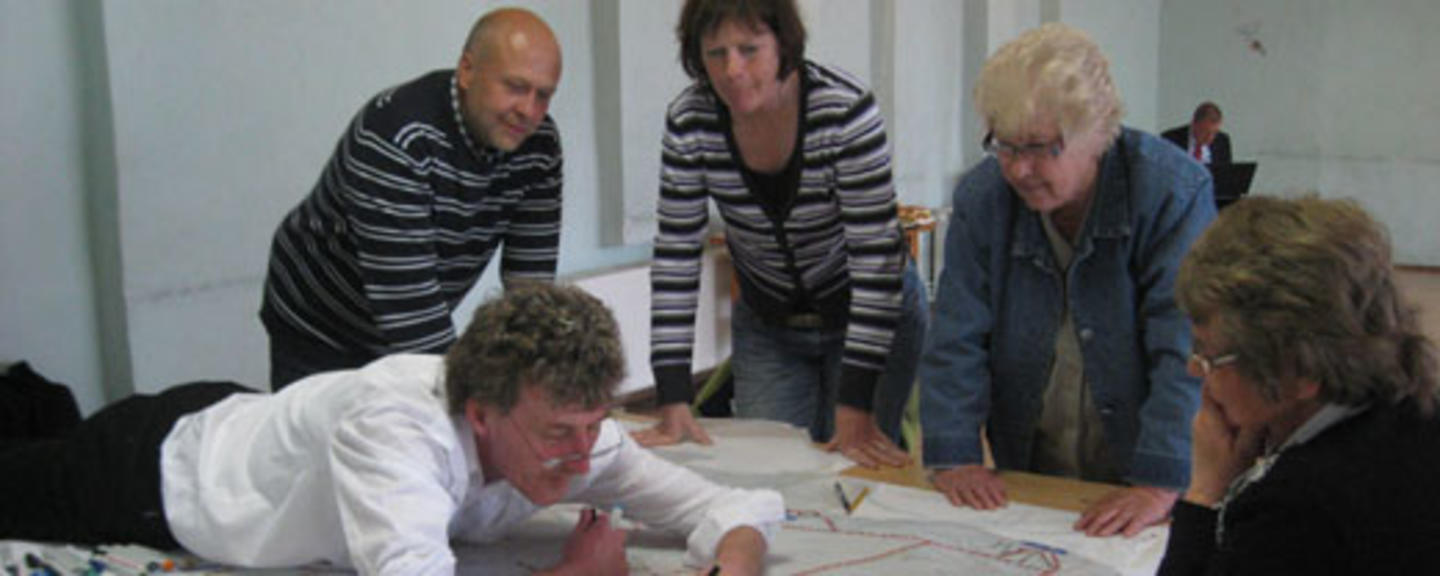Iceland, Liechtenstein and Norway have assigned the Financial Mechanism Office in Brussels to as secretariat to the grant schemes, while Focal Points in the beneficiary states take the lead in the implementation and management of the grants at the national level.
Involved entities - beneficiary states
National Focal Points – have the overall responsibility for the implementation of the grant schemes. These national offices, normally the ministry dealing with the EU structural funds, are responsible for the management and control of programmes.
Monitoring Committee – reviews the progress of the grant schemes towards their objectives and the progress of the programmes towards their expected outcomes. The committee is chaired by a representative of the national Focal Point, and includes representatives from relevant ministries, local and regional authorities, civil society, the social partners, and, where relevant, the private sector.
Certifying Authority – verifies the financial reports of the programme operators, submits statements of expenditure and payment requests to the FMO, and transfers funds to the programme operators. It checks that payment requests from the programme operators are accurate and are based on reliable accounting systems.
Audit Authority – carries out audits to verify the effective functioning of the management and control system at the level of the beneficiary state.
Programme Operators – make the funding available to applicants through calls for proposals, appraise applications, select and monitor projects. Programme operators are proposed by the Focal Points and approved by the decision-making bodies of the donor states.
Project promoters – may be entities in the public, private and voluntary sector in the beneficiary states, operating on either the national, regional or local level.
Involved entities - Iceland, Liechtenstein and Norway
Financial Mechanism Committee (FMC) – has been established by the Standing Committee of the EFTA States to manage the EEA Grants, and is comprised of representatives of the foreign ministries of Iceland, Liechtenstein and Norway. The FMC meets on a monthly basis in Brussels at the premises of the Financial Mechanism Office.
Norwegian Ministry of Foreign Affairs – is the decision-making body of the Norway Grants.
Financial Mechanism Office (FMO) – is the Brussels-based secretariat of the grant schemes, affiliated to the European Free Trade Association (EFTA). The FMO works closely with the National Focal Points, and reports to the foreign ministries of Iceland, Liechtenstein and Norway.
Norwegian Embassies in the beneficiary states – are actively involved in the promotion of the grant schemes and in the facilitation of partnerships, creating contact between entities in the beneficiary states and counterparts in Norway which may benefit from project cooperation. Contact details are available at www.norway.info
Donor state programme partners – are public entities from the donor states involved as advisers on the preparation and/or implementation of a programme, and as facilitators of partnership projects.
Donor project partners – may be entities from the public, private or voluntary sector in Iceland, Liechtenstein and Norway engaged in the implementation of projects in cooperation with project promoters in the beneficiary states.
